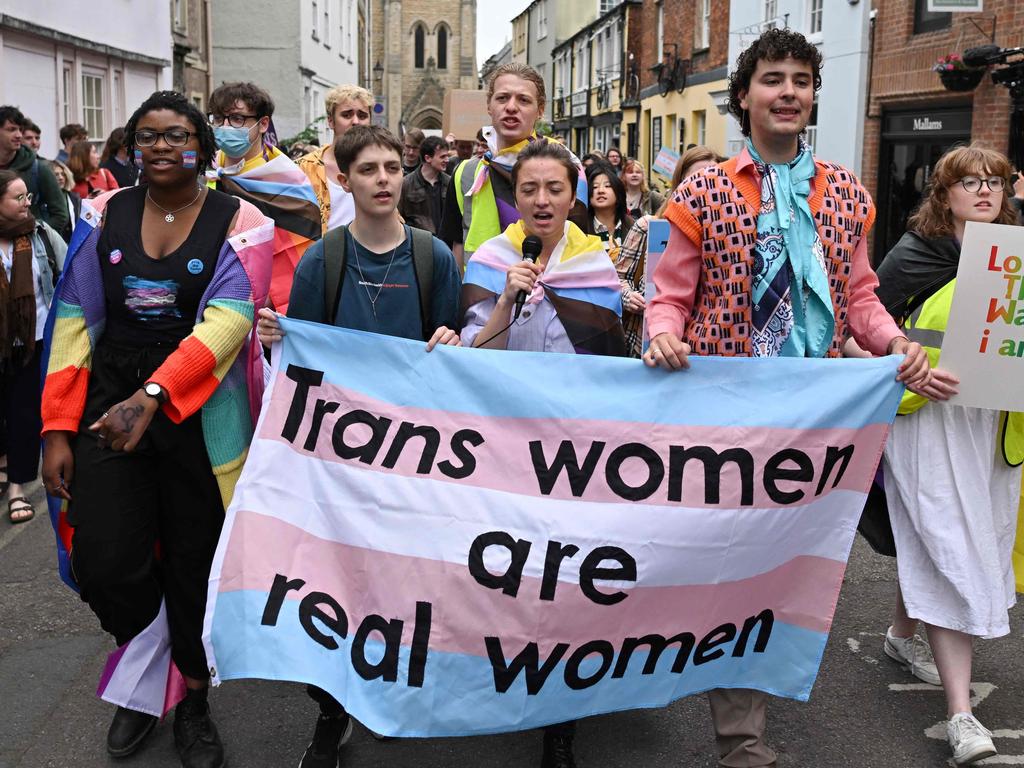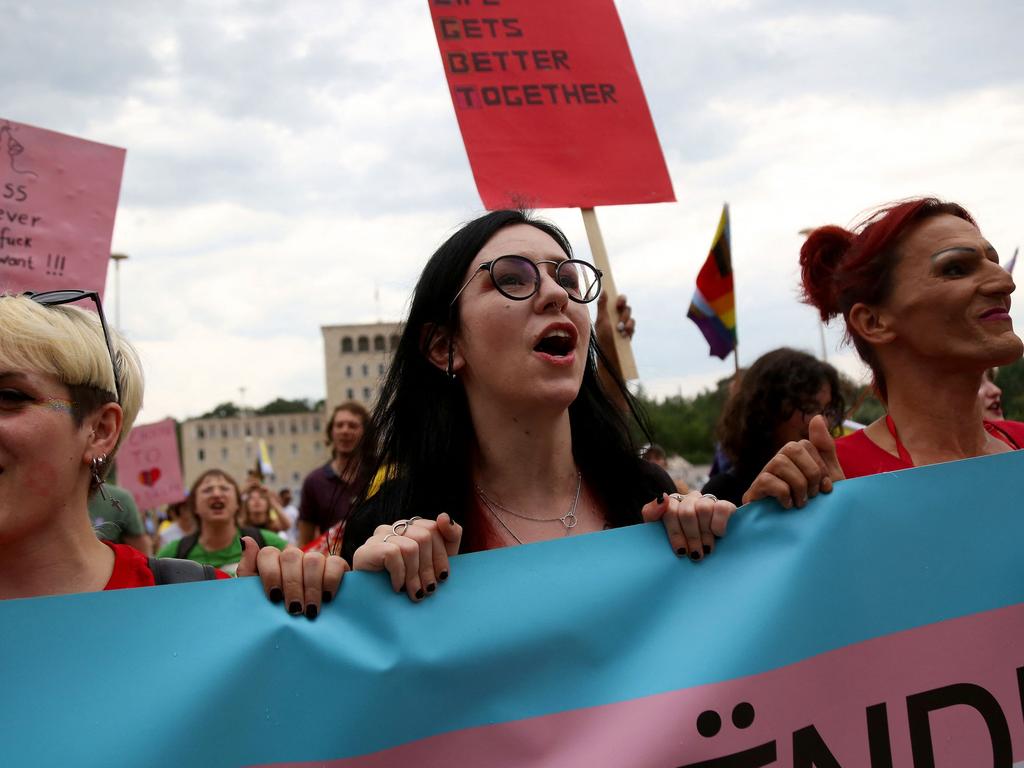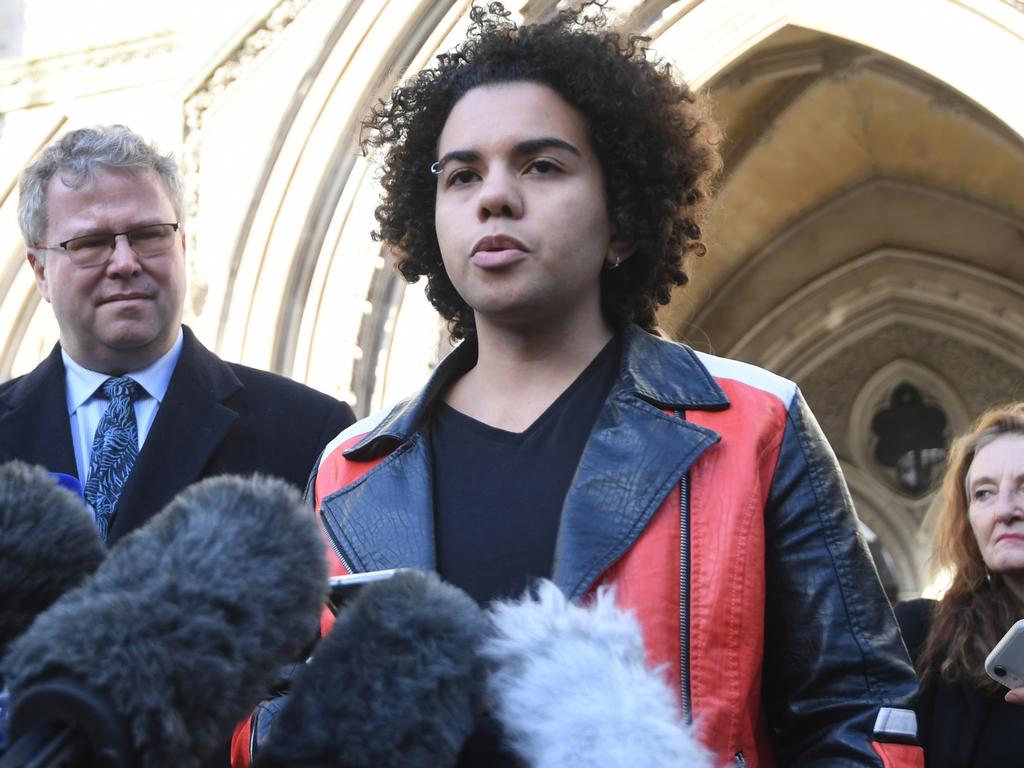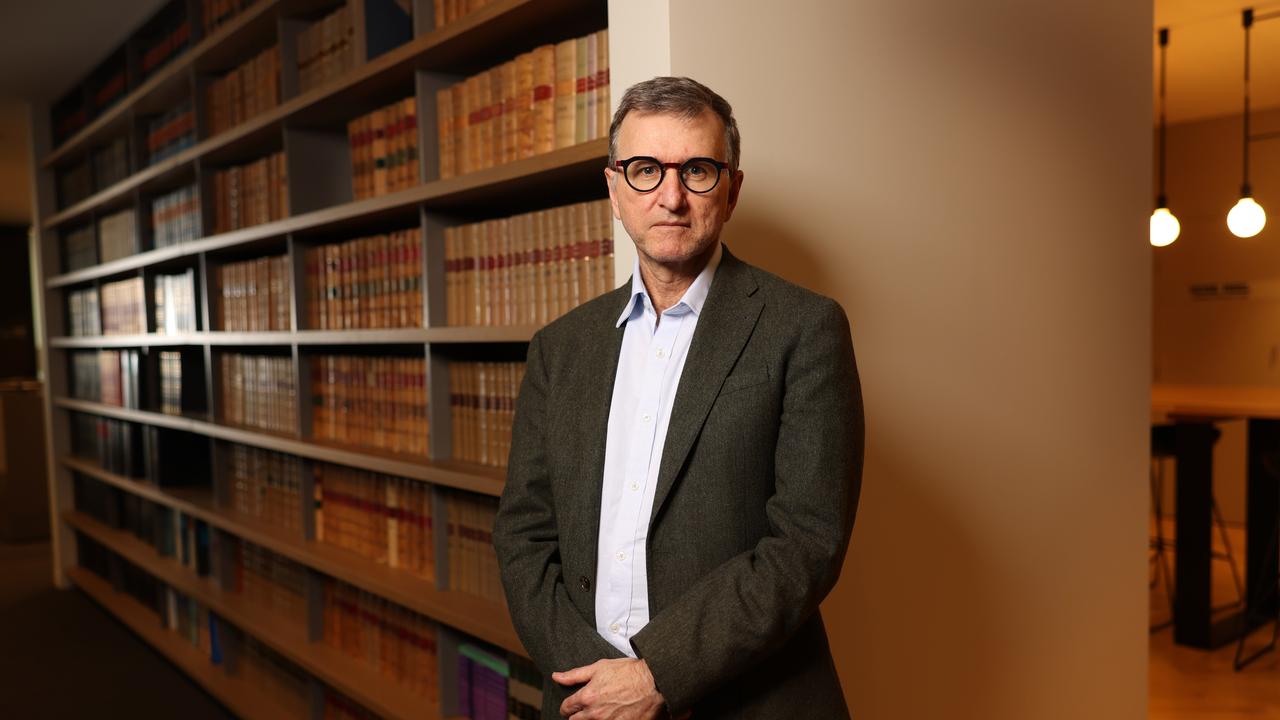Hospital dismisses call for a review despite shifting evidence on gender medicine
The Queensland Children’s Hospital executives have dismissed calls for a review of its gender service as the UK bans the prescription of puberty blockers outside of clinical trials.

Queensland health executives have dismissed calls for a review of the state children’s hospital’s gender service, continuing to insist its practices are “evidence-based” despite a growing worldwide movement to restrict the use of puberty blockers in children and as doctors claim vulnerable teenagers are being harmed by medical gender transition.
Paediatrician Dylan Wilson has called for an immediate moratorium on the initiation of puberty blockers or cross-sex hormones for patients of the Queensland Children’s Gender Service and an independent investigation into the processes of diagnosis and treatment at the clinic including adverse effects, the coexisting psychological pathologies of patients, and the consent process undertaken at the clinic.
“The evolution of the treatment of gender-questioning children and adolescents over the last three years has been exponential,” Dr Wilson wrote in a letter to Children’s Health Queensland chief executive Frank Tracey, who oversees the Queensland Children’s Gender Service.
“However, despite these developments, there has been zero public proclamation from QCGS regarding its practice, and it continues to operate in the same manner as it has always done with little or no regard for the evolution of information in the area of clinical practice. I believe that in doing so, it is conducting poor quality medicine lacking evidence base, that is causing harm to children.

“The lack of acknowledgment or review of such practices by those overseeing gender clinics in Australia, including those overseeing QCGS, is no longer acceptable. It can no longer be denied that there is a problem in this area that needs urgent attention.”
Dr Wilson documented contemporary evidence which has dismantled the basis of Dutch research upon which the child-led affirmation approach to treating gender dysphoria in Australia – essentially a medical model – is heavily based. In addition, the UK National Institute for Health and Care Excellence has reviewed the use of puberty blockers and cross-sex hormones for treating gender dysphoria and declared the evidence supporting prescription of the drugs to be of “very low certainty”, echoing the “gaps in the evidence base” highlighted by the UK’s Cass review.
“There is no evidence of benefit for the use of puberty blockers and cross sex hormones for gender-questioning children and there never has been,” Dr Wilson said.
The United Kingdom has now announced plans to restrict the availability of puberty blockers, which are used to pause puberty by suppressing the release of hormones. The medications will only be able to be prescribed to children attending gender identity services as part of clinical research in the UK. It follows restrictions on the use of the drugs in minors in Sweden and Finland.
The Queensland children’s gender service has the second-biggest caseload in the country with almost 1000 children on its books, and the highest rates of prescription of cross-sex hormones, which have been given to children as young as 14 and cause sterility and loss of sexual function among other side effects.

The Queensland Children’s Hospital management came under scrutiny last week as The Australian revealed senior staff psychiatrist Jillian Spencer – who has challenged the transgender social and medical affirmation model – had been stood down from clinical duties, apparently accused of transphobia.
Dr Wilson’s complaint to the CHQ – copied to the state’s health minister at the time Yvette D’Ath – confirmed many of the issues concerned staff had raised in the wake of Dr Spencer’s case, including concerns at the young age children were being put on cross-sex hormones and the fast pace of decision-making around medicalisation.
“Assessment and exploration of children’s mental state is poor,” Dr Wilson alleged. “For example, I have direct evidence of a child being recommended for puberty blockers after two appointments at QCGS.
“It is also concerning that from the first presentation, children are affirmed with 3rd person pronouns of the opposite sex before any assessment has been complete. Any member of staff that does not refer to a child using their preferred pronouns is chastised and disciplined for doing so.
“There are children with severe trauma histories on puberty blockers, children with intellectual impairment on puberty blockers, children with fetal alcohol spectrum disorder on puberty blockers, children with autism on puberty blockers,” Dr Wilson said. “This is hugely concerning.
“Children who are under the care of Child Protection Services in Queensland are also being placed on puberty blockers. I have direct evidence of children who are under legal guardianship of CYJMA who have been placed on puberty blockers. I have grave doubts that there has been adequate consent in this process.”
Following the February letter, Mr Tracey wrote to Dr Wilson dismissing the need for an inquiry and defending the basis of gender-affirming medicine.
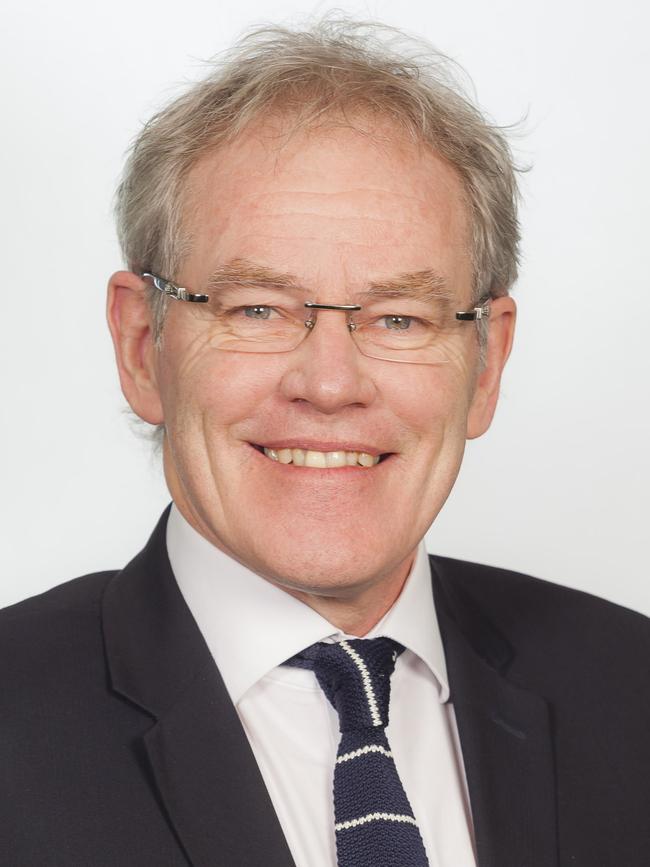
In a statement in response to Dr Wilson’s concerns, CHQ said: “All treatment and care provided by the Queensland Children’s Gender Service is guided by the Australian Standards of Care and Treatment Guidelines for Trans and Gender Diverse Children and Adolescents, and the World Professional Association for Transgender Health’s Standards of Care for the Health of Transgender and Gender Diverse People (8th edition).
“Children’s Health Queensland is committed to providing the best, safest, evidence-based care and acknowledges that the treatment of trans and gender diverse children and young people is an emerging field which raises important clinical and ethical questions.
“In line with international best practice, our clinical services continually review care and clinical outcomes in order to monitor the safety and effectiveness of services provided to children, young people and their families.”
The WPATH guidelines endorse early medicalisation as fundamental in the treatment of gender dysphoria and the organisation does not support any lower age limits for prescription of hormones.
Critics label the WPATH treatment guidelines unreliable and unethical, and say the organisation is essentially a transgender lobby group, not a healthcare body.


